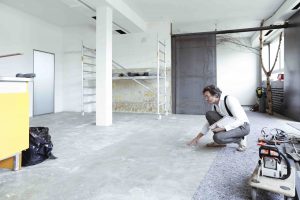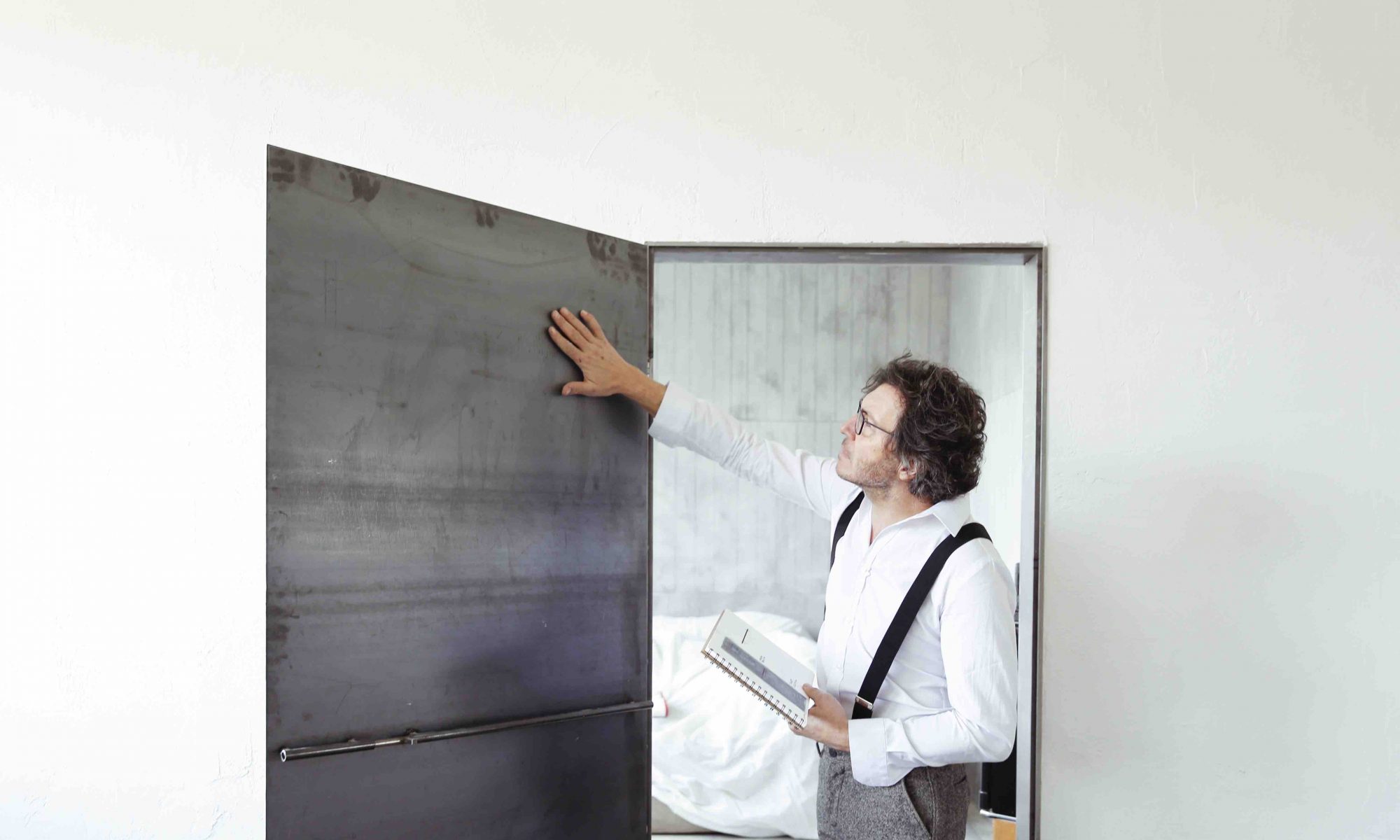Ask the right questions before buying property
So you’ve decided to start a new chapter in your life by becoming a homeowner! Whether you plan to live there or rent it out, buying a home can be a good investment if you proceed with appropriate caution. myLIFE tells you what to consider in order to avoid any nasty surprises once the deal is done, and to stack the odds in your favour if you ever decide to sell.
You’ve found a few properties that interest you, and been to see your banker to discuss what you can afford. Great! You’re ready to go house hunting. Just make sure that before you sign the deed for a new house or flat, you’ve posed all the important questions to the seller – and yourself!
The neighbourhood
Home buyers often focus exclusively on the house or flat itself. It may seem incidental, but what’s around the property can also mean a lot. While a good location and nice neighbours make a home better, bad ones do the opposite.
- Planned developments. Before you buy, contact the local administration to find out about urban development (construction and renovation) planned for the area. Depending on the kind of work, the value of your new property could be set to go up – or down! If there will be a motorway past your front door or another house blocking your view in the next 10 years, you may want to reconsider. Also take the opportunity to ask whether the building is in an area with natural hazards (flooding, earthquakes, etc.) or pollution (noise or air). Weather events in 2018 have shown that the danger zones aren’t always where you think they are.
- Local amenities. Which activities fill your daily life, and what are your priorities for the future? When you’ve come up with clear answers to this, imagine living in the neighbourhood of your prospective home. Find out about nearby public transport, shops, schools, green spaces, and even available parking.
- Local tax. The types of tax you’ll pay, and how much, can vary from one area to the next. Ask the seller what taxes they have been paying, such as property tax or taxes for the commune (wastewater disposal, rubbish collection, etc.). This can sometimes be the deciding factor between one property and another.
- If you’re buying a flat, find out about the owners’ association. Before buying a flat in a co-owned tenement, contact the owners’ association for the minutes of past meetings (ideally from the last three years). This will provide you with documentation of previous renovations – but more importantly, it will alert you to future ones. In particular, you should watch out for major construction projects (building restoration, new heating system, roofing, etc.) that could hit you right in the wallet! Don’t forget to ask how much they’ll cost, and what is covered by the owners’ association fees.
One last thing: make sure the asking price is in line with market prices, especially for similar properties in the same area.
The building
Now let’s move on to the home itself. Whether it’s a house or a flat, there’s a lot of information to collect about your potential future home.
Visit the residence at different times of the day in order to see it from different angles. This will tell you how much sunlight it gets, how noisy or quiet it is, how much traffic there is, and maybe even what the neighbours are like.
- Note the state of the property, inside and out
Naturally, the first thing you’ll want to do when looking at a property is check its general state of upkeep. This includes:
- The exterior: facade, roof, shared spaces, land, etc.
- The interior: flooring, ceilings, wall damage, windows, plumbing, insulation and soundproofing, check for mould, which way the house faces (north, south, east or west), etc.
And don’t forget to check the cellar, loft and garage, too.
Take the opportunity to question the seller about things like the year the home was built, anything that has been redone or replaced (like the roof, the windows or even the boiler), whether there are any maintenance contracts in place (for a septic tank, for example), or if there has ever been any significant damage. Ask to see invoices or delivery notices. Just because most sellers act in good faith doesn’t mean you should have to take anyone at their word. With this much money at stake, it’s neither unusual nor improper to demand verifiable proof.
Tip: visit the residence at different times of the day in order to see it from different angles. This will tell you how much sunlight it gets, how noisy or quiet it is, how much traffic there is, and maybe even what the neighbours are like.
Remember that in Luxembourg, Germany, Belgium and France, sellers are required to provide you with an assessment or certificate indicating the building’s energy consumption and greenhouse gas emissions.
Insist on this, as it will give you information on the kind of materials used to build the structure and how old they are, which can imply costs down the line. In addition, remember to ask the seller about the monthly and yearly consumption of heat, gas and electricity.
- Additional structures
If you’re looking to buy a house, make sure any add-ons (garage, porch, pool, extension, etc.) have had planning permission. You can ask the seller or the commune for proof of this, and doing so can stop you from having to pay higher tax or tear things down!

When visiting a property, you are well within your rights to bring a real estate professional with you to help spot any hidden problems or damage.
- Your renovation plans
If you plan to do any work on your new home or on the plot, find out whether you are legally permitted to do it first. It would be a shame to buy a house on enough land for a swimming pool, only to be told you’re not allowed to dig one! Contact the commune directly if you’re looking at detached houses. If you want a flat, you’ll also have to check whether your plans comply with the rules of the owners’ association.
- Your property boundaries
Where – based on the official land registry plan – are the exact boundaries of the property? Who owns the wall that separates that plot from the neighbour’s? Is there an easement in place (for others to pass through or for an unobstructed view, for example)? Make sure you ask about these issues to avoid conflicts with your future neighbours!
Finally, you should also ask how long the home has been for sale. If it’s been on the market for more than a year, the price may not match the area, or there may be something wrong that you haven’t found out about yet.
Tip: when visiting a property, you are well within your rights to bring a real estate professional with you to help spot any hidden problems or damage.
| Checklist: what to ask before you buy | ||
|---|---|---|
| Surrounding area | Property | |
| -> What urban development measures are planned for the coming months/years? | -> What year was the home built? | |
| -> Is the property in a risk-prone area? | -> How long has it been for sale? | |
| -> Are there any particular hazards or nuisances? | -> Has it sustained any significant damage over the years? | |
| -> How well connected is the neighbourhood to public transport networks? | -> Has anything been replaced, and if so, what? (Roof, windows, boiler, etc.) | |
| -> Are there shops, schools or green spaces nearby? | -> Has maintenance been performed on the septic tank? | |
| -> How easy is it to find parking near the building? | -> What does the energy performance certificate say? | |
| -> Which local taxes apply and how much are they? | -> How much heat, gas and electricity is used? | |
| -> What is covered by the owners’ association fees? | -> Can you get planning permission from the commune/owners’ association to build a garage/porch/pool/etc.? | |
| -> What do the minutes of past owners’ association meetings say? | -> Are any easements in place? | |
| -> Where are the boundaries of the property? |
Armed with this checklist, you’re now ready to go house hunting. Try to collect as much information as possible, and ask for clarification if anything seems foggy. This is one of the biggest investments you’ll ever make, so make sure you get it right!
And finally, if you happen upon your dream house and need help haggling the price down, don’t hesitate to read our article on how to negotiate the price of your new home.
Happy hunting!


 Mortgage
Mortgage Personal loan
Personal loan Savings
Savings